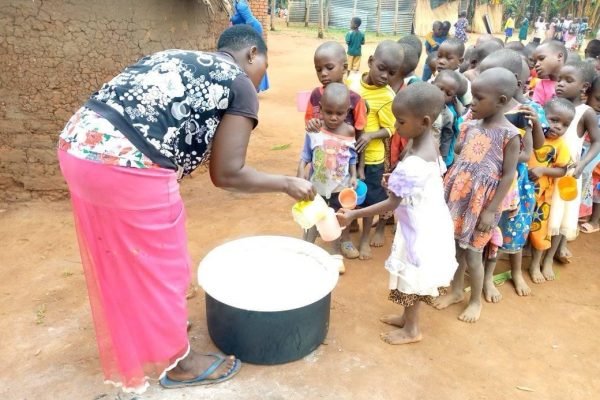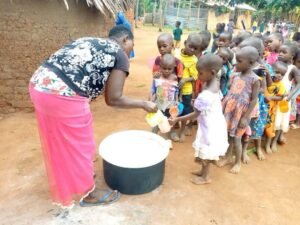Nourishing Hope: The Impact of Foodshare Programs’ Support on Vulnerable Children
For millions of children across the world, hunger is more than a fleeting discomfort — it’s a daily reality that robs them of energy, health, and opportunity. Vulnerable children, especially those in low-income communities, face the harshest consequences of food insecurity. But there is hope. Foodshare programs’ support offers more than meals — it provides a pathway to education, and long-term transformation.
Hunger’s Hidden Toll on Childhood
Hunger doesn’t just affect a child’s body — it weakens concentration, slows development, and diminishes their ability to learn. A hungry child may struggle to stay alert in class, miss school due to illness, or drop out altogether to help find food.
In communities already facing poverty and instability, hunger exacerbates every existing challenge. Without intervention, this cycle can continue for generations. That’s where foodshare programs come in.
More Than a Meal: The Power of Consistent Nutrition
Foodshare programs ensure that children receive regular, nutritious meals either at school, in community centers, or through outreach efforts. These meals are often a child’s only reliable source of food — and that consistency changes everything.
- Improved school attendance and performance: Children with full stomachs focus better and participate more actively in class.
- Healthier development: Nutrient-rich meals support physical growth and cognitive development.
- Emotional stability: Knowing when and where their next meal will come builds a sense of security and trust.
By meeting a basic need, foodshare programs’ support allows children to pursue education, engage in play, and imagine a future.
Lasting Change Begins with a Full Plate
The impact of foodshare programs extends beyond the individual child:
- Families experience relief, especially single parents or guardians facing job insecurity.
- Communities grow stronger as children thrive, finish school, and become contributors rather than dependents.
- Local economies benefit when programs source food locally and support farmers or small vendors.
Foodshare programs are more than charity — they are investments in potential, stability, and generational change.
How You Can Help
You don’t need to start your own program to make a difference:
- Support organizations that provide school meals or food kits.
- Volunteer with local feeding initiatives.
- Advocate for policies that fund child nutrition and food access programs.
- Host a food drive or sponsor a child’s meals for a month.
By contributing to foodshare programs’ support, you become part of a movement that turns hunger into hope — and potential into power.
Conclusion: Feed a Child, Fuel a Future
Every meal matters. When we nourish children today, we empower them to become healthy, educated, and thriving members of their communities tomorrow. Let’s build a world where no child has to go to bed hungry — where support through food is the first step toward lasting change.




